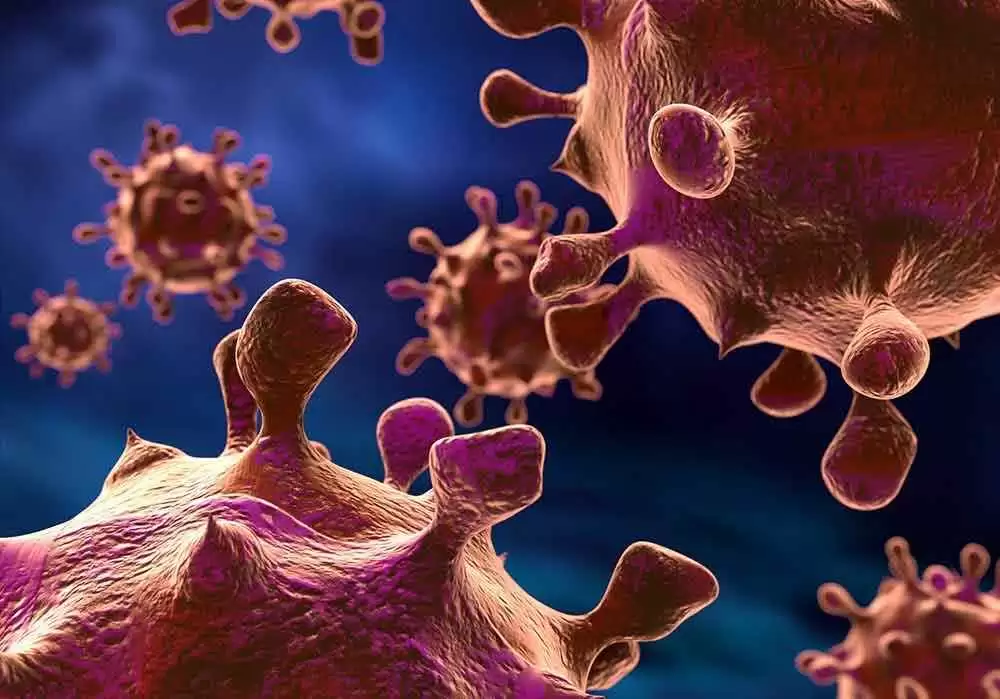Celiac.com 10/06/2023 - Typically, treating autoimmune diseases involves broad immunosuppression, which has various side effects. However, a team of researchers have developed a novel approach to suppress established antigen-specific immune responses without the need for global immunosuppression.
The research team includes Andrew C. Tremain, Rachel P. Wallace, Kristen M. Lorentz, Thomas B. Thornley, Jennifer T. Antane, Michal R. Raczy, Joseph W. Reda, Aaron T. Alpar, Anna J. Slezak, Elyse A. Watkins, Chitavi D. Maulloo, Erica Budina, Ani Solanki, Mindy Nguyen, David J. Bischoff, Jamie L. Harrington, Rabinarayan Mishra, Gregory P. Conley, Romain Marlin, Nathalie Dereuddre-Bosquet, Anne-Sophie Gallouët, Roger LeGrand, D. Scott Wilson, Stephan Kontos, and Jeffrey A. Hubbell.
Celiac.com Sponsor (A12):
They are variously affiliated with the Committee on Immunology, University of Chicago, Chicago, IL, USA; the Pritzker School for Molecular Engineering, University of Chicago, Chicago, IL, USA; the Committee on Cancer Biology, University of Chicago, Chicago, IL, USA; the Biomedical Engineering Department, Johns Hopkins University, Baltimore, MD, USA; the Center for Immunology of Viral, Auto-immune, Hematological and Bacterial Diseases (IMVA-HB/IDMIT), Université Paris-Saclay, INSERM, CEA, Fontenay-aux-Roses, France; the Animal Resources Center, University of Chicago, Chicago, IL, USA; and with Anokion US Inc., Cambridge, MA, USA.
Their study introduces a new method using a polymer glycosylated with N-acetylgalactosamine (pGal) that is conjugated to the antigen. This approach enables the dissociation of the antigen upon endocytosis, allowing it to be presented in an immunoregulatory environment.
The research demonstrates that pGal–antigen therapy can induce antigen-specific tolerance in a mouse model of experimental autoimmune encephalomyelitis, driven by the programmed cell-death-1 pathway and the co-inhibitory ligand CD276. Moreover, this therapy effectively suppresses antigen-specific responses in non-human primates vaccinated against a DNA-based simian immunodeficiency virus.
In essence, pGal–antigen therapy offers a promising avenue for addressing autoimmune diseases by specifically targeting and resolving antigen-specific inflammatory T-cell responses. In the future, this approach could be applied to various autoimmune diseases, possibly even celiac disease, offering a more precise and effective alternative to current treatments that rely on broader immunosuppression.
Read more in Nature Biomedical Engineering











Recommended Comments
Create an account or sign in to comment
You need to be a member in order to leave a comment
Create an account
Sign up for a new account in our community. It's easy!
Register a new accountSign in
Already have an account? Sign in here.
Sign In Now